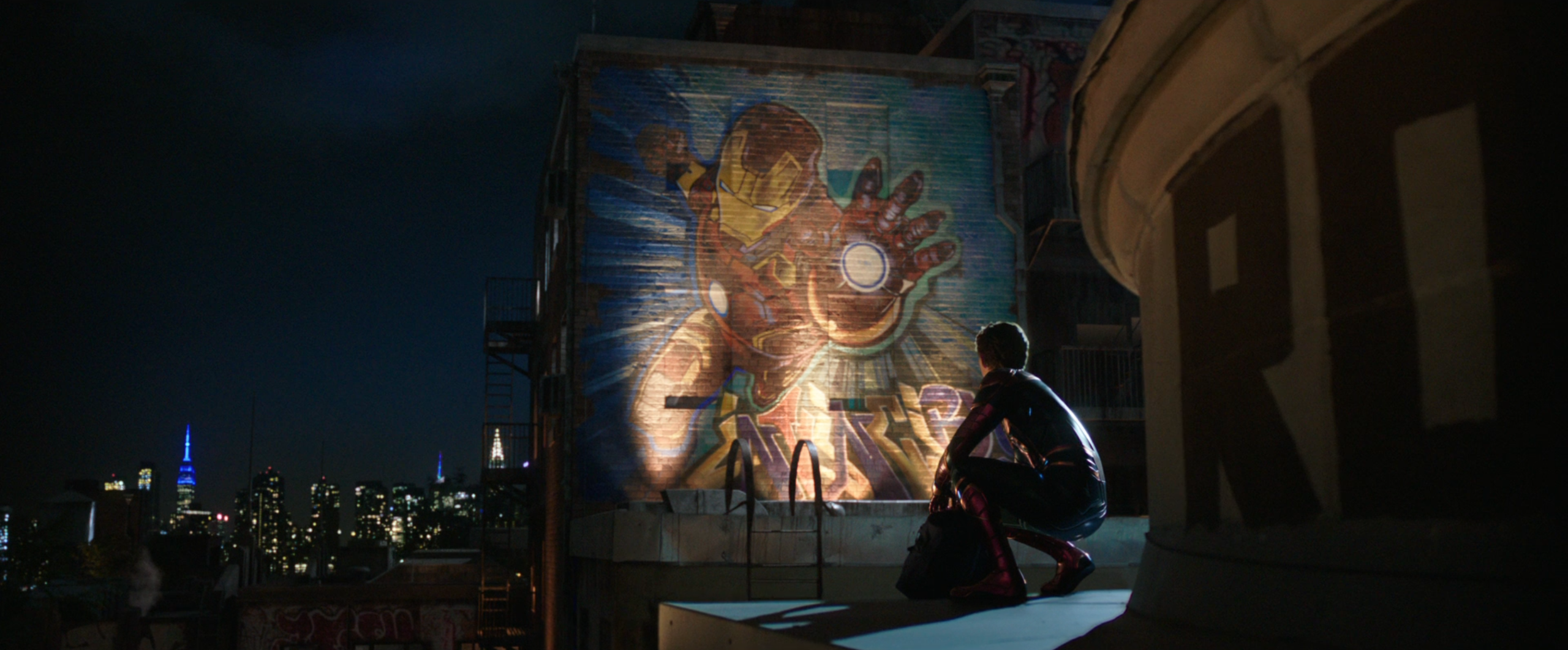Quentin Tarantino sure does love his revisionist history. That fact shouldn’t be too out of the blue for anyone who has any knowledge of his previous films. “Django Unchained” and “Inglorious Bastards,” two films most argue are Tarantino’s best, are known for injecting a bad-ass good guy wins in the end style to their historically based plots.
He dips his hands into the cookie jar of silver screen history this time with “Once Upon a Time… In Hollywood,” a film focusing on the exploits of washed-up fictional actor Rick Dalton, played with a thick accent and thicker bravado by Leonardo DiCaprio (“What’s Eating Gilbert Grape,” “The Aviator”) and his best friend and stunt double Cliff Booth, played with stone-faced wit and charm by Brad Pitt (“Fight Club,” “Ocean’s Eleven”).
The pair’s bond and friendship serve as the film’s main emotional hook, and they work excellently off each other. The comradery that oozes from their drunken hangouts or drives around Los Angeles feels every bit as authentic as it should. These are two actors simply at the top of their game, chewing through a delightful script and turning it into gold.
Margot Robbie (“I, Tonya,” “The Wolf of Wall Street”), as little as she is used, delivers an ethereal performance as Sharon Tate. The way she floats through each scene, a giant smile on her face and a warm glow about her, makes Tate feel otherworldly, like some unobtainable goddess and succeeds in adding to the film’s over-the-top stylings. The rest of the ensemble is great, with bit-part characters like Julia Butters’ (“American Housewife,” “13 Hours: The Secret Soldiers of Benghazi”) Trudi Fraser, Margaret Qualley’s (“The Nice Guys,” “The Leftovers”) Pussycat, Timothy Olyphant’s (“Deadwood,” “Go”) James Stacy, and Dakota Fanning’s (“Coraline,” “Ocean’s 8”) Squeaky all standing out in a talented and packed roster.
Tarantino has always set himself apart from his contemporaries by creating vivid, fleshed out worlds filled with brash characters and situations and “Hollywood” is no different. It’s set on the death of the golden age of Cinema in 1969. Cowboy stars are in and out of the industry every day, and the delivery of an anxious, drunken former leading man in Dalton is an engrossing one. Even during chunks of the film where not much technically happens, Tarantino keeps the audience’s attention firmly planted on Dalton and Booth.
This could be accredited purely to their performances, but the script is possibly the best of the year as well. Dialogue bubbles with a genuine nature and slides across pop culture and movie references and Hollywood vernacular. It’s one of those films where it’s just a joy to sit and listen to characters talk to each other. One sequence involving a hitchhiker and Booth may just one of the best singular scenes of the year so far.
It’s a good thing too because unlike in most of Tarantino’s other films, there’s not much else to keep audience’s attention here. There’s little to no action here to speak of, apart from a few fistfights. Numerous times, the camera just lingers on a character driving around, following them up and down streets and parking in their garage before resuming the action of the film.
Scattered is the perfect way to describe it. Some sequences go one for minutes at a time, not adding anything to the overarching story, but surviving purely on their entertainment value. This is a supremely enjoyable film, one that is engrossing to watch, yet has so much extra fat that could easily be cut off. The long scenes of characters driving, extended sequences of fictional TV shows, long flashbacks within imagined moments. There are even two scenes, just two, that have Kurt Russel’s character narrating over them for no apparent reason.
It’s the definition of self-indulgent, as many of these moments seem to exist simply because Tarantino wanted to film them. Yet Tarantino walks a fine line; it’s never annoying while you’re watching it, only after the fact when thinking on it.
For as much as Tarantino talked about it, there’s a lack of Manson family in this film. Sure, they’re there as characters and do pop up throughout, but it isn’t the through-line plot that many likely expected it to be. That might just be because there doesn’t seem to be a plot at all. Until the last 45 minutes, the entire film seems to just be a series of loosely connected moments of movie stars having mid-life crises.
This is made increasingly frustrating as the film’s last 45 minutes is unquestionably its best; the pacing picks up to create a tense set of circumstances that finally brings the puzzle-piece nature of the plot to its full potential, complete with an ending that feels both entirely intentional and woefully uncomfortable, that will likely be divisive and debated for years. It’s a shame that puzzle-piece plot thread wasn’t enacted through the entire film.
It’s all still well-acted to a T and has some of the best production design and writing of the year, though. It’s just an irksome issue; if everything in the film is excellent, and the lack of a true plot only really becomes apparent when thinking back on the film, instead of during it, is it something that it should be criticized for?
This leaves “Once Upon a Time… In Hollywood” in a very tricky spot. It is one of the best acted and best written films of the year, with knock-out production values. Brad Pitt could easily see an Oscar for best supporting actor, and yet the at times extreme self-indulgence and lack of any true plot, especially given how much things ramp up in the last 45 minutes, hurts the overall product. It doesn’t detract from the fact that this is an excellent and supremely enjoyable film experience. It’s just a very messy, scattered one as well. 3.5/5







